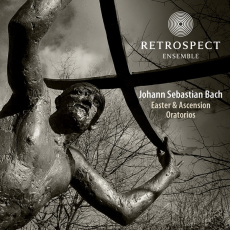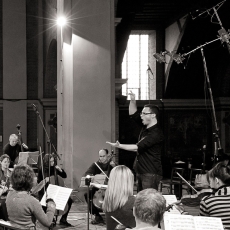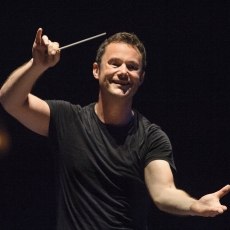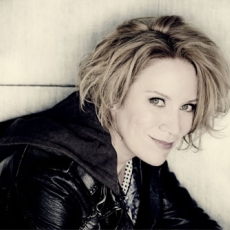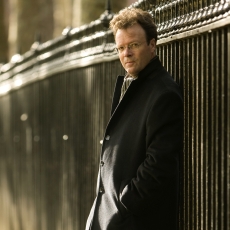Retrospect Ensemble - Bach Oratorios - Audiophile Audition
Disc of the Month
The “parody” nature of these “oratorios” (a term which has an enormous amount of interpretative latitude) easily gives rise to speculations about sincerity and even authenticity in their manifold religious expressions. The notes to this superb release cover a lot of ground in this area, though ultimately I wonder if it matters a hoot whether Bach’s revised versions of these mostly previously-secular settings into seriously religious subject matter have anything to do with his own profoundly religious beliefs or lack of the requisite devotional aura we have come to associate with him. I think that first and foremost Bach was a man trying to put dinner on the table, and come hell or high water he was going to do just that (he did have a rather large family). If that meant a sudden reworking of certain pieces that just happened to be set with texts almost antipodal to the ones found here, then so be it. And in the case of the Easter Oratorio, we are not exactly sure which of the three versions—two secular and one sacred actually came first, though you can easily read semi-learned commentary suggesting that the two secular works did appear first. We do know that a certain Birthday Cantata was created by February 1725, and another for 1726 based on these same sources, and that BWV 249 was apparently premiered in April of 1725 but we don’t whether Bach had already composed his “Easter” work by early 1725 or not. But either way it is obvious that a lot of borrowing was going on.
The three oratorios are actually cantatas, and the “Christmas Oratorio” is a series of six of them. Both the Easter and Ascension works have moments and movements of exquisite beauty, notably No. 7 in the former for tenor, though there are many others as well, like the familiar No. 4 in the Ascension Oratorio found also in the B-minor Mass. Philippe Herreweghe’s reading on Harmonia mundi has probably reigned supreme until now, but this new Linn offering is posed to upset it. The fact is that there is not a weak link anywhere in this cast, and I have become almost Pavlovian in my automatic acceptance of any disc that has the name of Carolyn Sampson on it. The good-sized period orchestra and fat and full 18-member chorus perform wonders in this music, making even the few weak moments seem better than they are. Retrospect is a relatively new ensemble concentrating on about a 400-year period of the past, and once again Linn scores big with great production values and really standard-setting performances. Do I recommend this? Are you kidding?
